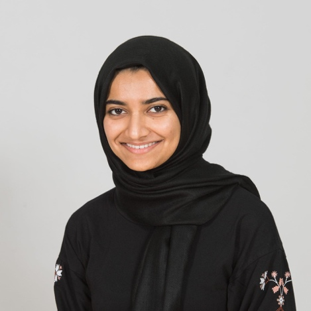Our team of four undergraduate students from various engineering disciplines participated in IEEE’s 4th student design competition 2019-2020. IEEE Circuit and Systems Society (CASS) allows undergraduate students to propose and execute Electrical Engineering related projects. The key aim of this project was to find a solution to a real-life problem using circuits and systems. Our team is from region 8 (Europe, Africa, and the Middle East) and has progressed to the second stage of the competition which takes place at the regional level. In order to compete at the international level, one team from each region will progress to the finale.
 We chose to create an innovative device that addresses one of today’s deadliest diseases. Malaria is a life-threatening condition that continues to afflict millions of people worldwide. Traditional methods of diagnosing malaria can prove to be time consuming, complex and require a great level of expertise. These characteristics are often a key limitation in malaria-affected regions that lack medical resources. Through this project, we were able to contribute to the growing efforts of creating a simple, affordable and portable diagnostic device.
We chose to create an innovative device that addresses one of today’s deadliest diseases. Malaria is a life-threatening condition that continues to afflict millions of people worldwide. Traditional methods of diagnosing malaria can prove to be time consuming, complex and require a great level of expertise. These characteristics are often a key limitation in malaria-affected regions that lack medical resources. Through this project, we were able to contribute to the growing efforts of creating a simple, affordable and portable diagnostic device.
A distinctive feature of malaria-infected red blood cells is the presence of the malaria pigment called hemozoin. Hemozoin is a paramagnetic substance that has a magnetic moment only in the presence of an applied magnetic field. Our device consists of a Tunnelling Magneto-resistive (TMR) sensor, magnetic Halbach array, analogue front-end circuit for filtering, ADC and PC interface to display the sensor output. Our device can effectively detect a paramagnetic sample and display a clean output on the LabVIEW (a graphical programming tool) interface which can then be read by the end-user to diagnose malaria-infected patients.
Our team worked effectively and drew on their diverse strengths to realise this project. In order to meet the competition requirements, we organised ourselves to tackle different areas of the diagnostic device. While one member took lead on team organisation and filming, others prepared the technical setup and executed experiments. Our research, preparation, and consistent efforts allowed us to explore and implement new ideas. This competition has, in many ways, enriched our student experience and given us the confidence to embrace future opportunities that challenge us intellectually.
 Tayyabah Sardar "I am a 4th-year mechatronics student at the University of Glasgow, currently undertaking my final year project with Dr. Hadi Heidari. My project is based on magnetic biosensors for Malaria detection which is in line with my interest in engineering solutions that tackle healthcare problems. This project has been intellectually stimulating and continues to push me outside my comfort zone. I look forward to exploring many such projects in the near future."
Tayyabah Sardar "I am a 4th-year mechatronics student at the University of Glasgow, currently undertaking my final year project with Dr. Hadi Heidari. My project is based on magnetic biosensors for Malaria detection which is in line with my interest in engineering solutions that tackle healthcare problems. This project has been intellectually stimulating and continues to push me outside my comfort zone. I look forward to exploring many such projects in the near future."








